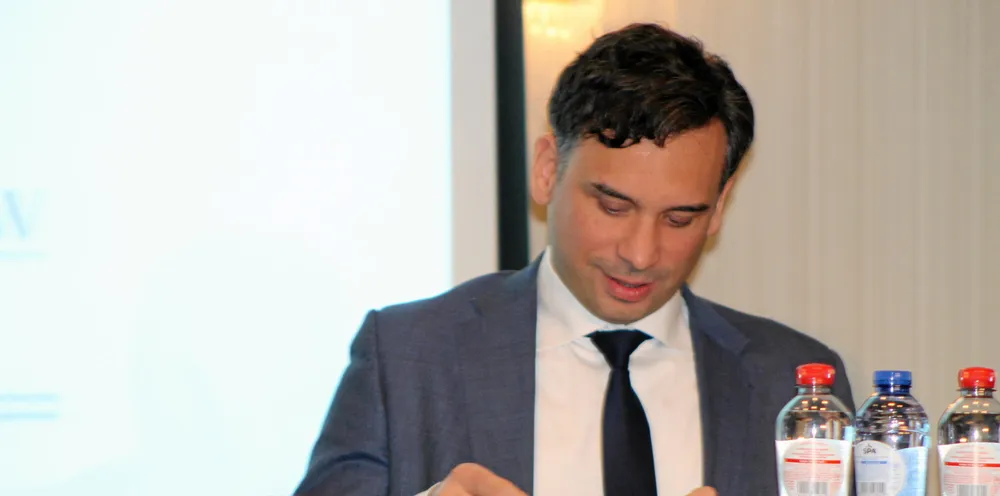Rabobank: Cost, scale inhibit inclusion of insect protein in aquafeed
Only 10,000 metric tons of insect protein is produced today. More financial muscle and research and development is needed to significantly boost production.

Only 10,000 metric tons of insect protein is produced today. More financial muscle and research and development is needed to significantly boost production.
